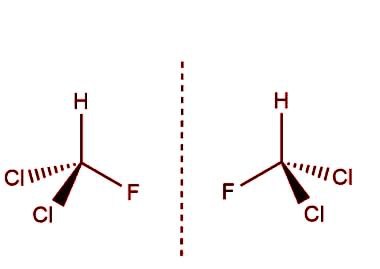London forces
London forces, also known as dispersion forces or van der Waals forces, are a type of intermolecular force resulting from the unsteady motion of electrons. These forces are named after physicist Fritz London, who first described them in the 1920s.
The London force is the weakest intermolecular force, but it is very important because it exists in all types of molecules, including nonpolar molecules that do not have a permanent dipole. These forces occur because the electrons within the molecule are constantly in motion and can temporarily generate positive and negative charges within the molecule. These temporary charges attract or repel other nearby molecules, resulting in London forces.
London forces are responsible for many important properties of matter, such as their boiling point, melting point, and vapor pressure. It also plays a role in determining the solubility of a substance and the strength of its interactions with other substances. In general, the stronger the London force, the higher the boiling point, the lower the vapor pressure, and the easier it is to dissolve in other substances.
Questions & Answers
What are London forces examples?
How do you identify a London force?
London forces are typically identified by their characteristic properties. For instance, London forces are generally weaker than other types of intermolecular forces such as Covalent or ionic bonding. They are also relatively short-range forces. That is, they only affect molecules that are relatively close to them. Furthermore, the London force usually exists only between atoms or molecules with a permanent dipole moment or a separation of positive and negative charges within the molecule.
Are London forces the same as Van der Waals?
Yes, London forces are also known as Van der Waals forces. These forces are named after Dutch physicist Johannes Diderik van der Waals, who first described them in his doctoral thesis in 1873. Van der Waals forces are the result of temporary dipoles that form in molecules due to fluctuations in the distribution of electrons. These forces are generally weaker than other types of intermolecular forces, such as covalent or ionic bonds, but they are still important in determining the behavior of molecules.
Let me know if you have more questions or if there is a specific topic that you would like to know more about.





If you have any doubts, please let me know